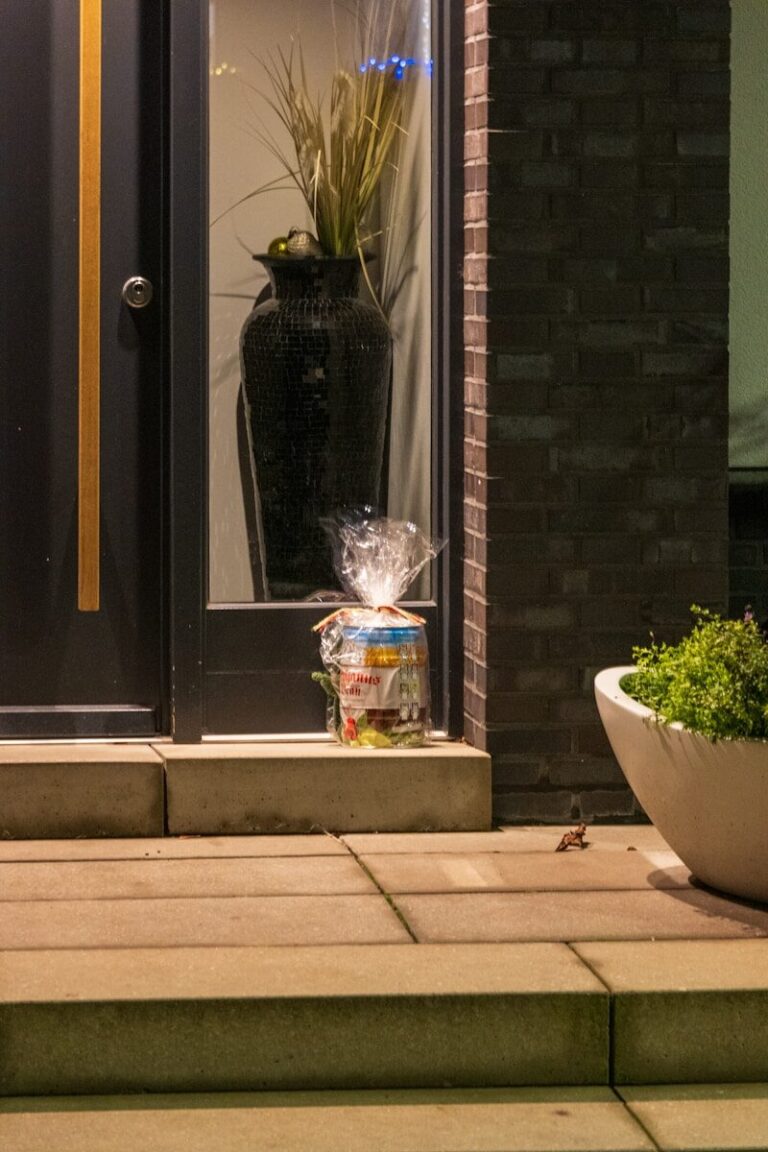Holiday magic. It might seem that it is real for most people. However, everyone is different. Many people find this time of the year energizing as they enjoy decorating, experience more opportunities to socialize with family and friends, shop for the perfect gifts and anticipate the upcoming celebrations. On the other hand, there are also people who struggle with their mental and emotional well-being during this time of the year as they try to manage challenging emotions that can come with the celebrations, such as depression, anxiety about getting everything done in time, envy, and even dread and despair, rather than joy and cheerfulness. In fact, 52% of Canadians report feelings of anxiety, depression and isolation during the holiday season.
If you find the holiday season challenging, the good news is there are ways in which you can plan for and protect your mental health during this time. Here are some suggestions:
- Identify your holiday triggers. Triggers are people, places and things that remind you of upsetting events such as traumatic memories, stressful family relationships, or the anniversary of the loss of a loved one. When you know you holiday triggers, it can help to control your emotional reactivity and put a plan in place to reduce the stress associated with them. A plan could involve engaging yourself in self-soothing practices like taking a warm bath, spending time in nature, watch a comedy show, practice yoga or meditate. Those are healthy activities that are good for your mental health. By planning and doing them more, you’ll have more patience, energy, and happiness to deal with your holiday triggers.
- Limit or take a break from social media. Perhaps you spend a lot of time looking at what other people are doing during the holiday season on social media. It might make you believe that everyone is having a good time with friends and family while you are the only one alone and bored at home. Mindfully limiting or taking breaks from social media can prevent you from engaging in a self-sabotaging cycle of comparing your situation and then experiencing despair. A way to prevent this is to place firm limits and boundaries around social media use which can be an essential step for protecting your mental health and well-being.
- Set boundaries: You might feel the pressure of pleasing everyone and ensuring others are having enough fun, especially if you are the one hosting a gathering. That can be a lot of pressure. Thus, you can ask other people to help and try to delegate. You can even ask someone else to host the gathering this year. If you know they are certain topics that can bring tension, be kind and clear about boundaries and expectations. Make rules about what topics to avoid in discussions or plan a time to discuss difficult subjects in advance.
- Limit Things That Aren’t Good for Your Mental Health. It might be tempting to indulge in many things, such as eating and drinking too much, or spending too much money on gifts. Overindulging can negatively affect your well-being. Be on the lookout for the things that might make you feel good in the short-term but cause you to feel worse in the long-term. Identify and find ways to limit your personal trap.
If, despite your best efforts, you feel overwhelmed with feelings of anxiety or sadness, or if your negative feelings are persistent or get in the way of your daily life, you should reach out for mental health support. If you are struggling, know that there is help and hope. Make an appointment with your physician or talk to a therapist if you can so you can get the tools you need to feel better.
Sources:
https://cmha.ca/news/five-ways-to-protect
-your-mental-health-this-holiday/
Minding Your Mental Health This Holiday Season | Psychology Today
https://www.verywellmind.com/ways-to-
manage-your-mental-health-during
-the-holidays-6889414
DO YOU NEED HELP?
Dial or text 2-1-1 for free and confidential service that easily connects people to the critical social and community supports they need.
If you are thinking of suicide, please call 9-8-8 which is a mental health crisis and suicide prevention line.
The information provided is not a substitute for professional advice. If you need advice, please consult a qualified health care professional. For further information or if you want to access our services at CMHA, please call 1-800-493-8271 or visit our web site at www.cmha-east.on.ca













